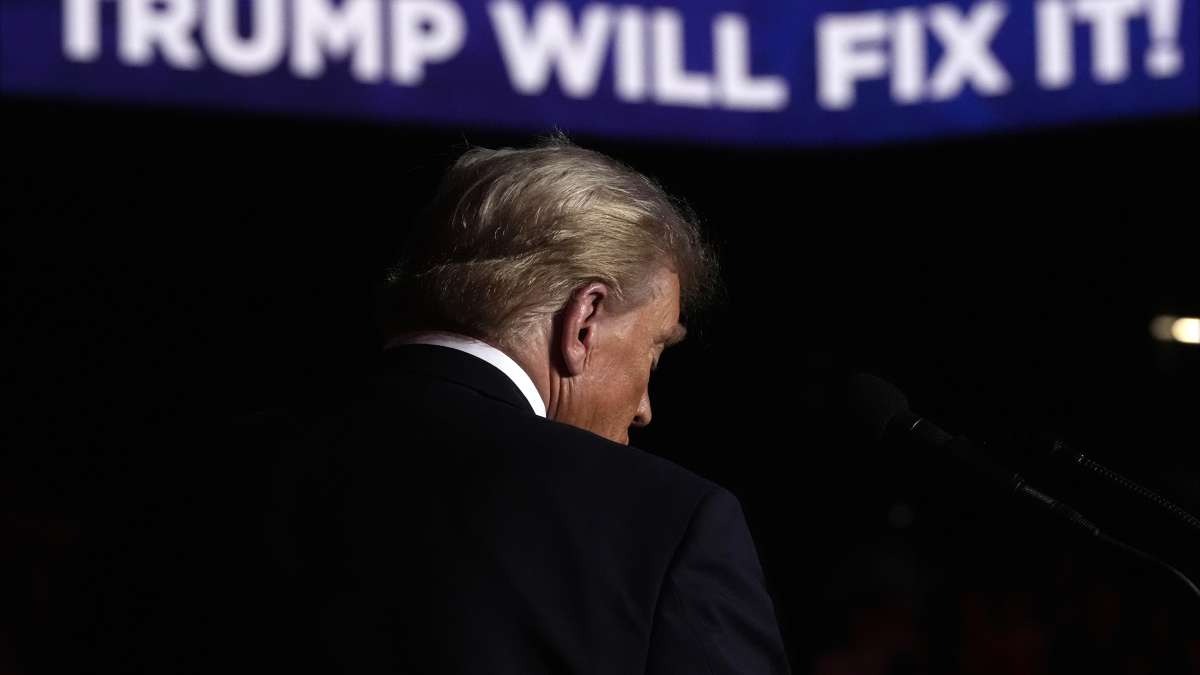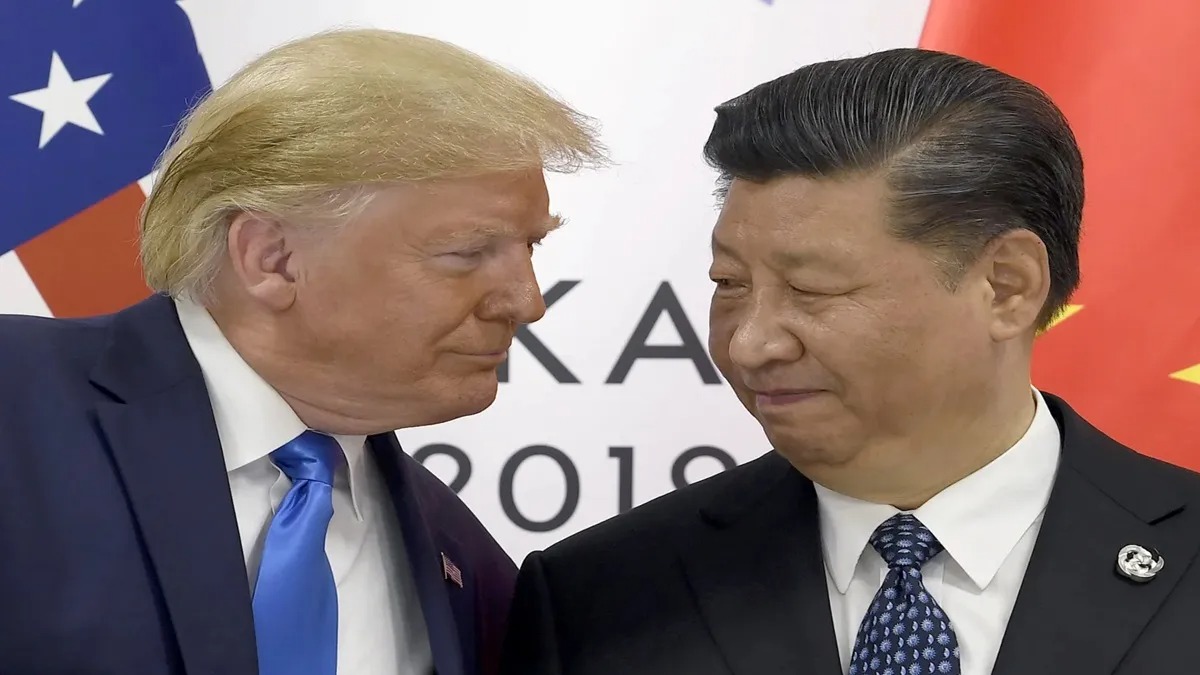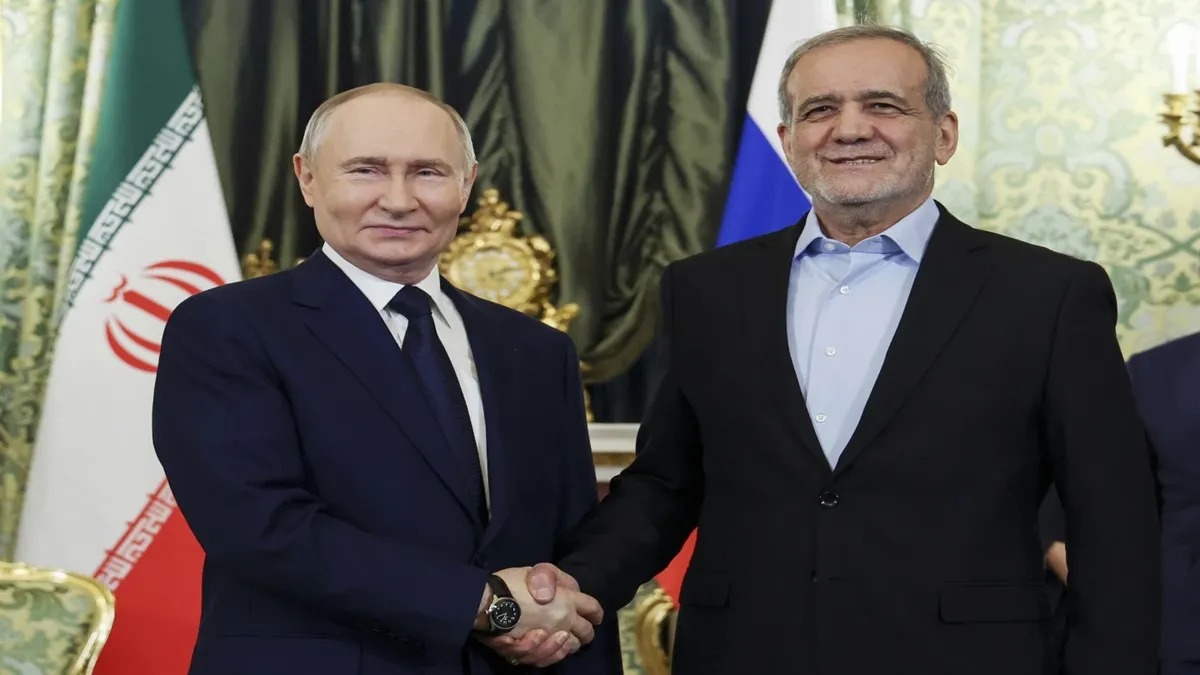
International: According to the United Nations, 2024 is "the biggest election year in human history" with half of the world's population-- some 3.7 billion people in 72 countries – able to vote. Yet some elections are more consequential than others which is why the world is watching as the US goes to the polls. The US is the world’s largest economy, and the biggest military power. But it is also the lynchpin of many international strategic alliances, the economic and financial system and many of the world's liberal institutions. These elections are a pivotal moment in US history which could have massive implications for how the country is governed and for the future of the post-war order that Washington has helped build.
Unlike any election since 1945, the basic tenets of US relations with the rest of the world are in contention. The choice is between Donald Trump's Republican party potentially offering a complete break from the US's role in the international community, compared to Kamala Harris’s more international agenda under the Democrats. Under Harris, the US is likely to continue to play a significant role in NATO, for instance.
Tariffs on China
The most conspicuous assault on the US's foreign policy tradition is Trump's plans to impose a universal tariff of 20 per cent on all foreign imports. Tariffs on China could be much higher with threats from Trump of 60-200 per cent. As well as being inflationary and damaging to the American economy such moves are likely to result in retaliation, trade wars and dislocation with the world economy. By limiting access to the world’s largest national market, they would also hamper global efforts to transition to a zero-carbon economy.
Impact on climate change plans
Such matters are of little concern to Trump however, who plans to repeat his withdrawal of Washington from the Paris Agreement on climate change, to repeal the environmental protection measures implemented by US President Joe Biden, and to authorise the unrestricted exploitation of US oil and gas deposits through deregulated fracking. Trump's plans would add tonnes of extra carbon to the atmosphere if executed and would be likely to significantly undermine global work on climate change.
Future of NATO and Ukraine war
Also in contention in the 2024 election is the US commitment to defend its friends and allies from hostile states. As a member of NATO, the US is bound to come to the aid of the other members under Article 5, if another country attacks them, and it also has similar treaties with Japan and South Korea. The Biden administration led NATO in supporting Ukraine with military and financial aid to prevent its total subjugation to Russian occupation.
By contrast, Trump has indicated that he would end this support and pressure Kyiv to accept peace on Moscow’s terms. Rather than seeing a network of alliances as the basis of strength and influence, Trump sees these as a source of risk and a burden.
Defending friends would be a costlier affair
Many former officials, such as former national security advisor John Bolton, suspect that Trump would seek to leave NATO in a second term or weaken its effectiveness through tepid support. In Asia, Trump’s recent comments that “Taiwan should pay us for defence. You know, we’re no different than an insurance company” suggest a weakening of US commitment to the island.
For many observers, these elections also matter because the US’s ability to conduct a free, fair and undisputed election and the peaceful transfer of power is in question. From his first involvement in the Republican party primary process in 2016 Trump has never accepted the results of an election that he lost.
What is more remarkable is that he has convinced a majority of Republican voters to side with him in asserting that the 2020 election was stolen, only a third believe the election was legitimate. When faith in the electoral process is so undermined it is difficult to see how the US can come together to be governed after the election.
Impact on American jobs
For the Trump camp, however, there is a ready answer to this question. If elected, Project 2025, a document of policies prepared by a right-leaning think tank, suggests that his administration would replace the top tier of Washington's bureaucracy with 50,000 officials who pledge loyalty to him over the constitution.
It also suggests that a Trump administration would disband a myriad of federal agencies such as the Departments of Justice, energy, and Education as well as the FBI and Federal Reserve and use his newly claimed executive authority to impose his policy agenda.
Such measures are designed to enable Trump to introduce a raft of policies that many regard as authoritarian, such as the deportation of millions of “illegal aliens”, using the National Guard and army, if necessary.
A deeply divided US
The US experiment with democracy has fascinated and inspired the world since its inception in 1776. Never before, however, has it seemed in such jeopardy. The US is deeply divided on many fundamental questions, from taxation, immigration, abortion, trade, energy and environmental policy, and its role in the world.
For the first time, these divisions seem more important to many electors than respect for their democratic institutions and traditions. More fundamentally, many US citizens seem unable to accept the result of the democratic process and the subsequent legitimacy of the winner. Who wins the election and how the US is governed as a result, matters more now, to more people, than ever.
--Advertisement--

 Desk
Desk Share
Share






